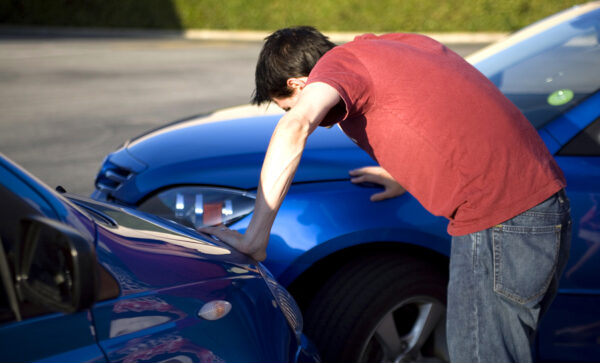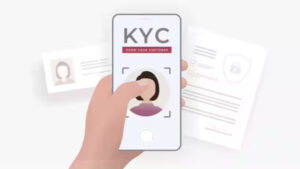In the United States alone, approximately 3 million people are injured in car accidents each year. This includes motorists, passengers, cyclists, and pedestrians. Globally, vehicular accidents affect tens of millions of people each year.
Many vehicles are totaled in crashes. If your car is a write-off, you may be wondering what options you have to replace your vehicle.
What “Totaled” Means
Cars that are totaled are not necessarily destroyed. The term is used to identify vehicles that do not warrant the cost of repairs. Insurance companies consider both the value of the vehicle and the estimated repair cost. For example, if your vehicle is worth $4000 and the repairs would cost $3000, the repair costs would be 75% of its value. In the United States, each state determines the legal requirement for considering a vehicle totaled. In some states, this $4000 vehicle would not be totaled because the cost of repairs does not exceed the vehicle’s value. In other states, such as Alabama, the car would be considered totaled because the cost of repairs matches the legal minimum of 75% of the car’s value.
What Your Insurance Covers
How much money you will receive from your insurance company will depend on the type of insurance coverage you have. Your insurance company will issue you a check for their estimated value of your car with standard insurance if it is totaled.
If you have taken out replacement cost insurance, you may receive more money from your insurance company. First, the insurance company identifies the type of car that was totaled. It determines the market rate for vehicles in the same class and issues you a check for a new car’s cost in the same category as your totaled vehicle.
You may still owe money for your totaled vehicle with standard insurance if you have a car loan. With replacement cost insurance, you will be able to use the money to pay off your loan or finance a new car.
Guaranteed asset protection (GAP) insurance is another form of insurance that protects you from being responsible for your vehicle loan costs if your car is totaled. The insurance company takes the amount of money still owed on your vehicle and subtracts your car’s cash value. It pays off that amount from your existing loan. With the cash value amount you will receive for your car, you can pay off your loan.
Other Financial Considerations
If you were in an accident involving another vehicle, their insurance company might contact you. According to California car accident lawyer Daniel Kim of Daniel Kim Law, you shouldn’t speak with the other insurance company. Take contact information but decline to answer questions about the accident. If you have extensive property damage or physical injuries resulting from your crash, you should consult with an experienced personal injury lawyer. Reputable injury lawyers who specialize in vehicle accidents, such as Daniel Kim Law, will provide a free consultation, and you will not pay for representation until you receive a settlement. Lawyers who specialize in this field know what type of compensation you may be eligible for and will ensure you receive the maximum amount allowed.
Financing a New Vehicle
If your car is totaled, you will want to review your options for how to finance a car. Companies such as Loans will generate a list of all potential loan options in your region. Their website will outline the insurance rates and repayment terms to make the process as clear as possible. You can determine how much you can afford to spend to keep your car payments within your budget. Sites like Loans also enable you to generate offers based on the type of vehicle you’re buying. You can choose between new vehicles, used vehicles, and energy-efficient cars. Before you find a new loan, do your research to understand the life of the loan and paperwork you must complete in order to qualify. Additionally, you need to know if your credit score can handle a hard inquiry that some loans may require.
Keeping a Totaled Car
In some cases, you may be able to keep your totaled car. For example, if you drive an older vehicle, your insurance company may not consider it worthwhile to have a mechanic repair it, but you may have a sentimental attachment. Some older vehicle models are no longer available, and you may want to invest the money in repairs. It is possible to negotiate a settlement and keep your totaled car. The amount of your deductible and the value of your totaled car’s parts will be deducted from the estimated value of your vehicle. Your insurance company will pay you the balance, and you will be responsible for the cost of repairs for your totaled vehicle.


















Be First to Comment